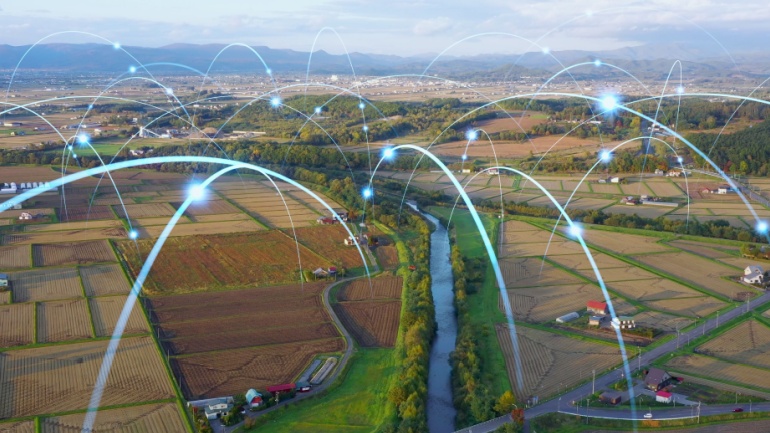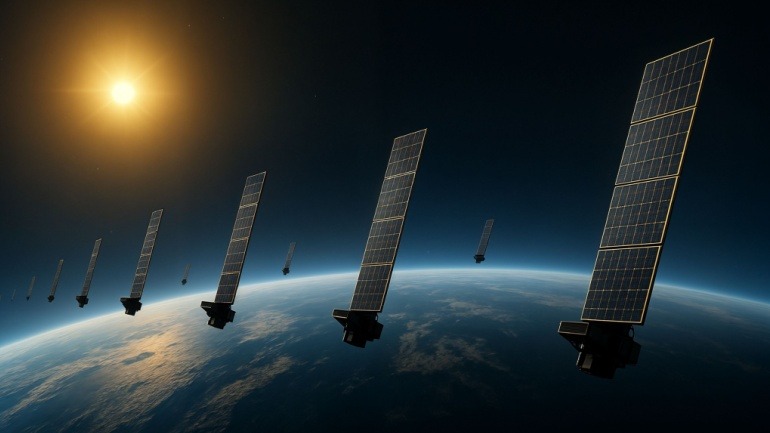Intelsat, a leading satellite connectivity firm, has joined forces with farming equipment manufacturer CNH to introduce connected tractors and other agricultural machinery to Brazil, enabling precision farming in remote regions.
The initiative involves installing ruggedized multi-orbit satellite terminals on CNH farm equipment across Brazil. These terminals will leverage Intelsat’s global network to establish connectivity, facilitating the real-time streaming of data between farm equipment and cloud services. This move is crucial as only a fraction of Brazil’s farmland is currently within range of cellular towers, making seamless connectivity a challenge.
The collaboration utilizes Intelsat’s FlexMove satellite network to provide uninterrupted connectivity, empowering technologically enhanced farming equipment to operate efficiently in remote areas. Dave Wajsgras, CEO of Intelsat, emphasized the significance of this partnership, stating that their tailored satellite terminals, capable of accessing multiple satellite orbits, offer unparalleled reliability, increased throughput, and an enhanced user experience.
Marc Kermisch, Chief Digital and Information Officer at CNH, highlighted the importance of Intelsat’s expertise and service quality in addressing complex connectivity issues for farms in isolated locations. CNH aims to leverage satellite technology to enhance their solutions and serve customers globally.
Intelsat, which operates a teleport facility near Rio de Janeiro and has expanded its Brazil Network Operations Center (NOC), plans to roll out these innovative farming solutions in Brazil during the third quarter of the year.
This collaboration underscores the growing trend towards connected farming, also known as smart or precision farming, which relies on robust rural connectivity to optimize agricultural operations. Governments and telecommunications companies are increasingly investing in such initiatives to bridge the digital divide in rural areas and boost productivity in the agriculture sector.
The introduction of connected tractors and machinery promises to revolutionize farming practices in Brazil, allowing for more efficient resource management and data-driven decision-making, ultimately contributing to the advancement of agriculture in the region.







